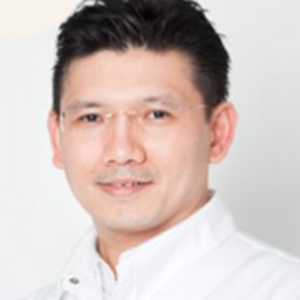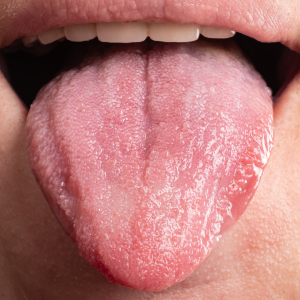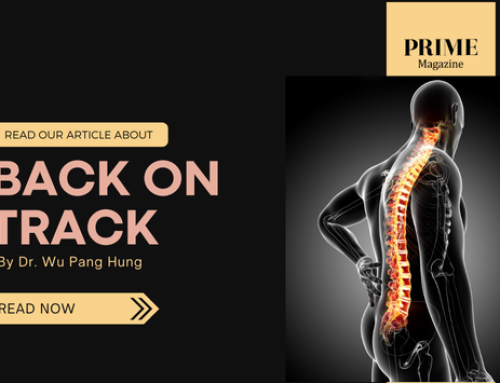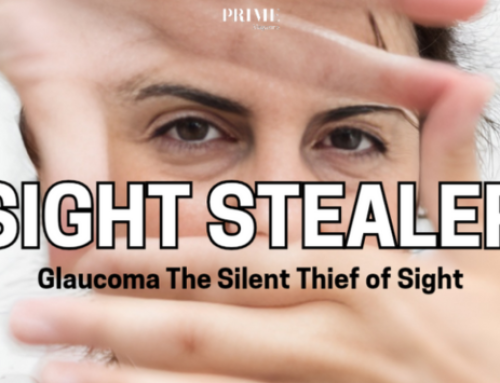Question
Recently, I came across an article that touched on oral cancer. I was worried if I would be at risk of it as I have identified symptoms of oral cancer in my teeth (i.e. the way my teeth fit in seems to be changed). In addition, I am also a regular smoker in my 50s. The article recommended us to visit a dentist without giving more information about the check-up. I would like to know the chances of me getting oral cancer, as well as the procedures or checks available that can identify it. Also, what are some of the ways to treat and prevent oral cancer?
Answer
Oral cancer can occur on the lips, tongue, gums, floor of the mouth (underneath the tongue), or roof of the mouth. Oral lesions can often appear in the mouth as swelling, flat white or red patches, called squamous cells which can go unnoticed. But how do we distinguish an ulcer (canker sore) from something more serious? Canker sores are usually painful, but can often be healed within two weeks, whereas oral cancer is often painless during the early stage and cannot be healed even with medication. So, if you have any sore, ulcer, spot or lump in your mouth that shows no sign of healing after two weeks, or if there is progressive swelling, you should see your dentist, or an oral and maxillofacial surgeon for evaluation. They will take a biopsy of these cells.
Avoiding tobacco products (including chewing tobacco and cigarettes) and alcohol, as tobacco use and excessive alcohol consumption are main causes of oral cancer. Other factors include poor nutrition, fungi, bacterial or viral infections, poor oral hygiene or ill-fitting dentures that cause gum irritation. As for a change in your teeth fit, it might be due to other oral problems, gum disease, gum recession, bone resorption that lead to loose teeth or teeth shift. Gum disease is an infection of the gums and bone supporting your teeth. It is a major cause of tooth loss for the adults. Gum disease is caused by bacterial plaque which causes inflammation of the gums. When the gum starts to pull away from the teeth and is filled with plaque and become infected, this will cause rapid loss of tissue and bone which may eventually lead to loose teeth.
You may have periodontal disease if you have:
• Bleeding gums when brushing
• Red, swollen, puffy-looking gums
• Abscesses on the gum
• Pus secreting between the teeth and gums
• Shaky teeth
• Teeth appearing to drift apart from its original position
• Receding gumline (gum recession)
• Persistent bad breath
• Ache of gums and teeth
Bone loss occurs in the area where a tooth has been extracted. Bone loss will start immediately because there is no longer stimulation in the bone where the tooth used to be. As the bone starts disintegrating the surrounding teeth, it can also lead to drifting of neighbouring teeth, whereby the adjacent teeth lean over to the vacant space where the teeth have been lost. Similarly, loss of teeth can lead to shifting of opposing teeth as they drift up or down into the open space.
A regular dental check-up (twice a year) is important. Your dentist can detect any signs of oral cancer in earliest stages. If oral cancer is being diagnosed during its earliest stages, the treatment for oral cancer is generally very effective. Prompt treatment reduces the likelihood of precancerous cells becoming malignant.

Dr Raymond Lim has been at the forefront of patient-centric dental care services and professional expertise since 2005.
The National University of Singapore (NUS) alumnus who received a Bachelor of Dental Surgery (B.D.S) has advanced, with three years at National Dental Centre treating trauma and emergency patients and a two-year post at polyclinics as the overall in charge. His subsequent years in private practice have further spurred his passion in implantology; He was awarded Certification of Aesthetic Implant Dentistry from the University of Uclan (UK) in 2011.
With determined motivation to provide professional treatments with skill, precision and absolute dedication, he harnessed his years of experience in different sectors of the dental health industry to start his own practice.











